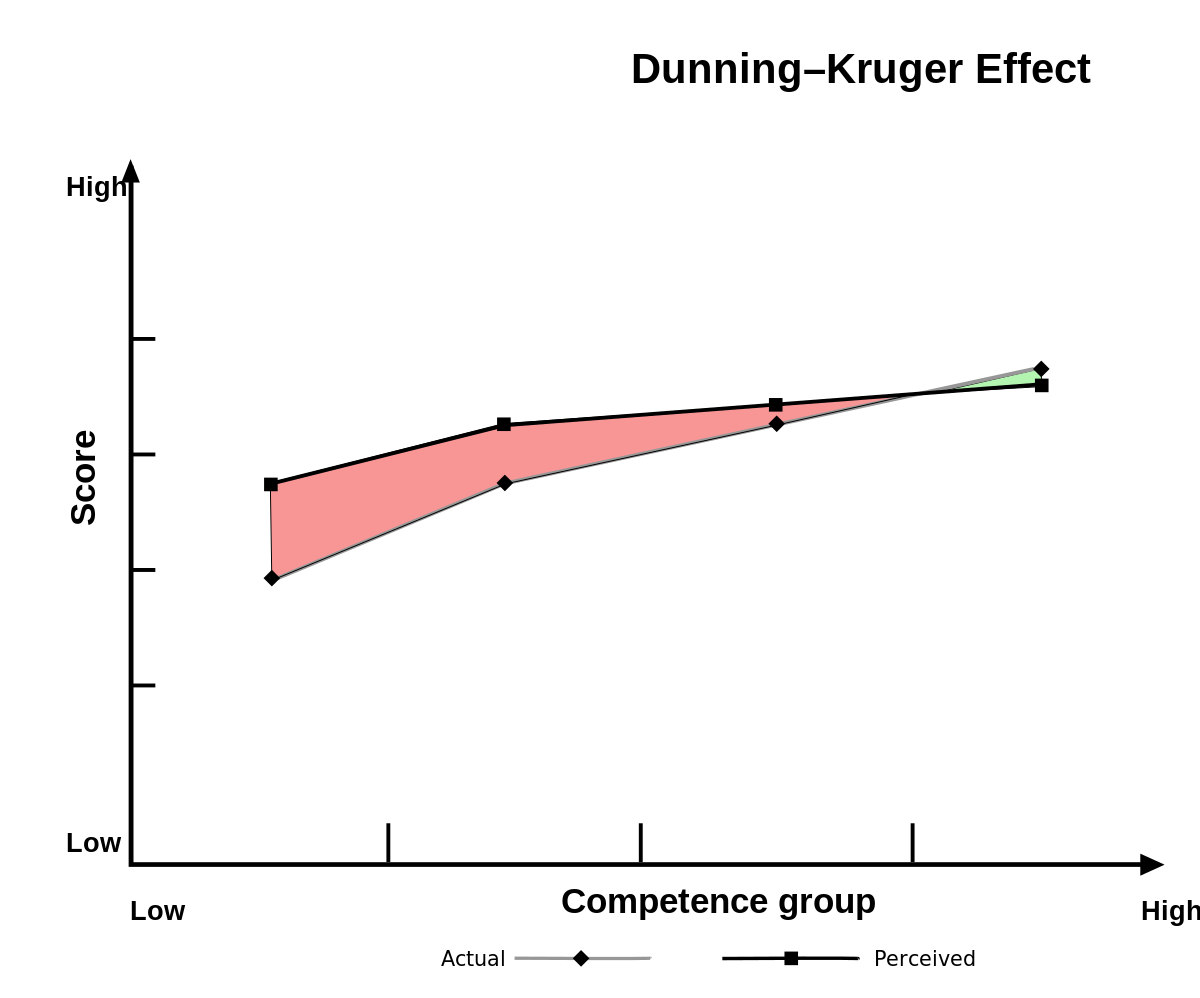That's not really the case here.
WY Cameras specialised in vintage film gear - they didn't sell a single "new" product, and absolutely nothing digital. That is a niche they did very well in, and it's these niche stores that have bucked the trend (see, for instance,
this article in The Guardian about specialist stores in Berlin from 2019, or
this article from Time Out about a button shop in London from the same year).
As the article from WoodallP states,
Sadly, I have first-hand experience of this here in England. I've run my own e-commerce business since 2018, and thought about setting up a brick-and-mortar shop in the town I live in back in 2020. I looked at the rents, rates, and so on and realised that in order to cover costs and give myself the minimum wage as the only employee,
I'd have to sell more stock than I could physically obtain from the distributors I work with - never mind what I thought I could sell on a daily basis.
Think about that for a second: my e-commerce business was doing
very well, but shifting from that to brick and mortar and just covering the costs involved with a physical shop in England was not just financially impossible, but
physically impossible. This is why our high streets are empty - it's just financially infeasible to run a sustainable business and pay the rent.
Since then, Brexit has come into full effect, and while pre-Brexit roughly 30-40% of my business was selling from the UK into the EU, it's now maybe 5%, if that. This makes businesses like mine (and WY Cameras) very delicate, as if the consumer economy in the UK struggles or collapses (as it did during the huge spike in energy prices last year, where fear of rising heating bills meant everyone was tightening up the purse strings), there's no way to offset that. If I'd gone for the brick and mortar store three years earlier, I'd have gone bankrupt last year as a result. Thankfully my overheads are low enough I could struggle through; a lot of businesses didn't.

